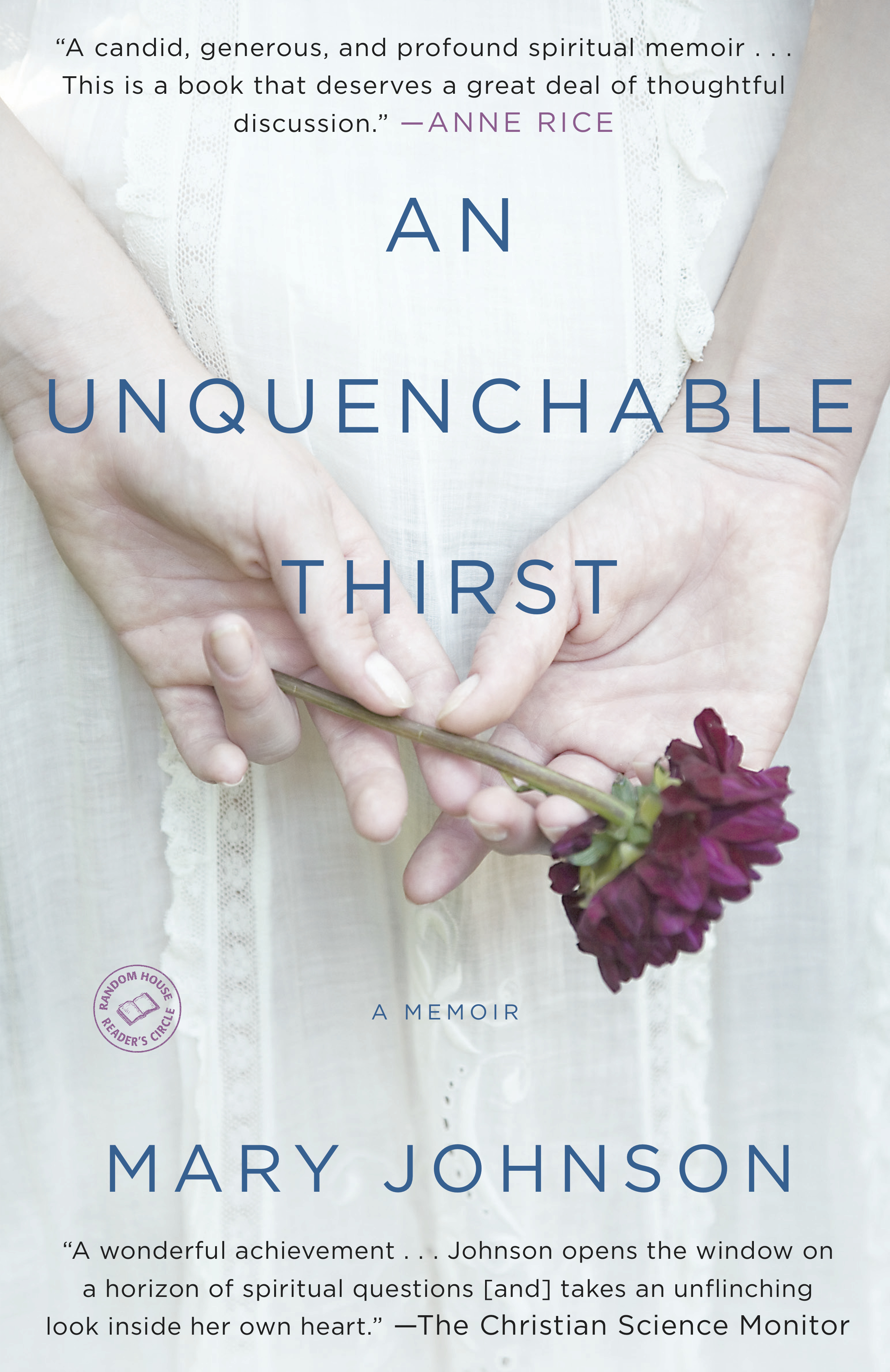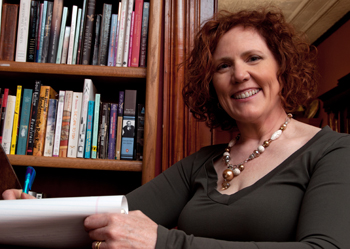An Unquenchable Thirst
Why Write About Having Been a Nun?
I decided to write An Unquenchable Thirst, the memoir of my twenty years as a nun in the order founded by Mother Teresa of Calcutta, the day my youngest sister phoned to say she was about to marry a man she’d met twice; their guru had decided the two “could contain each other.” We human beings sometimes do odd things, especially when religion is involved. Odd and interesting and “not discussed in polite company” things. But it seems to me that what happens when we surrender our wills to religious figures—or deny our sexual natures or believe the Creator of the Universe speaks to us—are things that need to be discussed.
Over the ten years it took to write An Unquenchable Thirst, I worked to tell my story with as much honesty, skill, and compassion as I could muster. Revealing myself on the page often scared me, but I knew my story would resonate with readers only if I didn’t flinch at the embarrassing parts.
An Unquenchable Thirst provides an intimate, inside view of a closed society and of a woman still admired throughout the world, a woman I knew personally, Mother Teresa. The book doesn’t preach or whine; it simply tells my story, carrying the reader into my heart and mind. I hope you’ll find An Unquenchable Thirst engaging, and that it will spark lively discussion.
Oh and, by the way—despite my protests, my sister did marry the fellow. They seem happy and I have a charming nephew.
 Starred Review from Kirkus Reviews
Starred Review from Kirkus Reviews
Early on, Johnson compares prayer to immersion in water: “I could close my eyes and float on the river of God’s Love almost at will.” Readers, too, will find themselves transported into another world by this powerful, revealing memoir. An aspirant to the Missionaries of Charity at age 19, the author spent 20 years living a life both extraordinarily simple and heart-wrenchingly complex. Johnson skillfully demonstrates this juxtaposition through her writing—mundane events, such as gathering eggs or learning to play the piano, often have tragic or miraculous implications. As she progressed in the order and became Sister Donata, the issues she faced became darker: a sexually predatory subordinate, theological disputes, an increasingly rigid system of rules and regulations and a love affair with a priest. Throughout the book, the author describes her interactions with Mother Teresa, but she does not try to pass off their relationship as especially close, but instead describes their time together with honesty and telling detail. She writes about a nun who got tired and hungry, became frustrated and disappointed, and liked candy—Mother Teresa actually emerges as a fairly normal person rather than a saintly archetype. As it became increasingly clear to Johnson that the Missionaries of Charity’s vision and management were diverging from her own beliefs and values, she struggled with her place in the order and eventually made the decision to leave after two decades of service.
Johnson’s portrayal of her time as a nun is likely to be controversial; her memoir is exceptional.
On Writing a Memoir
When I was writing An Unquenchable Thirst, these were the things I told myself:
 Go deep. Be honest.
Go deep. Be honest.- Don’t flinch at the embarrassing parts.
- Trust your readers. Don’t over-explain.
- Simple words will allow readers to enter your experience more directly.
- Don’t let your fear of putting the words on the page overcome you. As my MFA advisor Kenny Fries once said, “If it didn’t kill you to live it, it’s not going to kill you to write about it.”
- Just tell the story.

